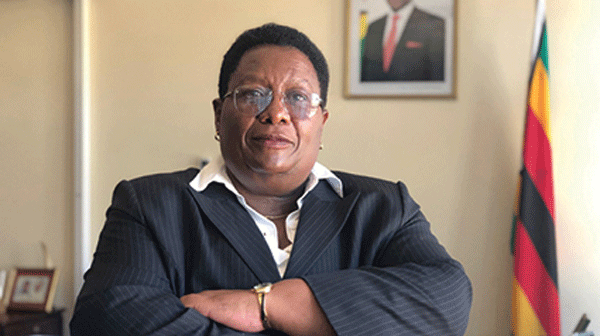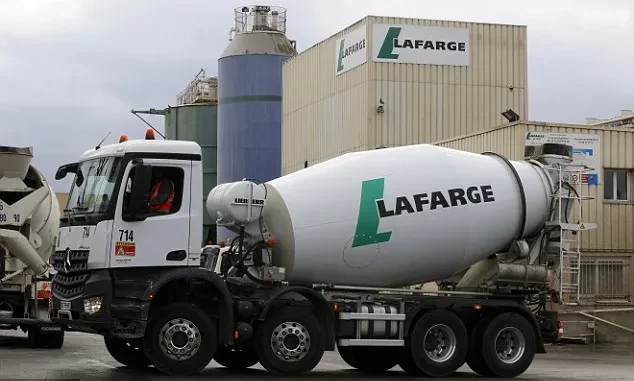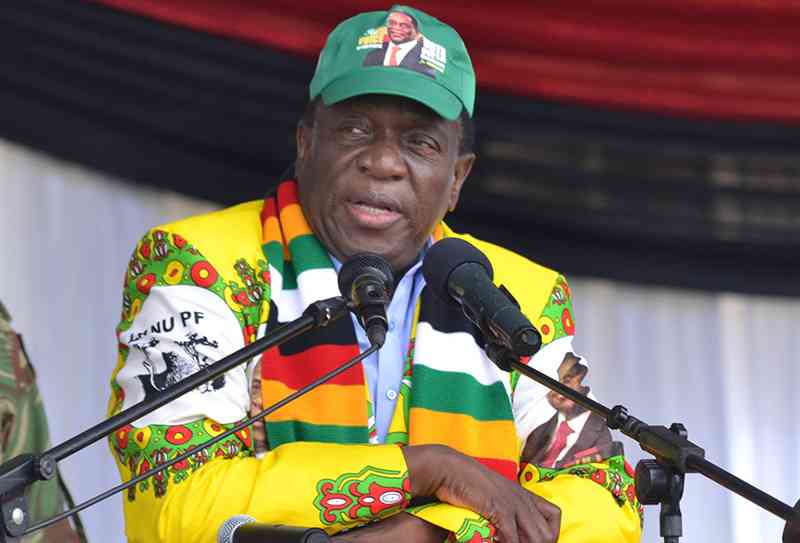
BY MIRIAM MANGWAYA
ZIMBABWE Anti-Corruption Commission (Zacc) chairperson Justice Loice Matanda-Moyo yesterday said major perpetrators of corruption in the country were bigwigs, making it difficult for ordinary citizens to report them due to lack of whistleblower protection legislation.
Matanda-Moyo said this in Harare while addressing a Zacc workshop on whistleblower protection facilitated by the United Nations Office on Drugs and Crime (UNODC) and the United Kingdom government in partnership with the Zimbabwean government.
“Whistleblowers can provide information that leads to successful convictions and asset recoveries, thereby saving the nation from losing the needed revenue. In the spirit of wise words by Narendra Kumar, ‘Whistleblowers need to keep blowing the whistle until the people wake up from deep slumber’,” she said.
“However, we need to take into cognisance that most corruption perpetrators are powerful persons. Therefore, without adequate protection, potential whistleblowers are reluctant to come forward with information fearing victimisation. Consequently, without a whistleblower framework in place, it will be difficult to win the war against corruption.”
Matanda-Moyo said Zacc was advocating for amendments to the Prevention of Corruption Act to ensure it protected whistleblowers and promoted exposure of graft in communities.
Under the proposed amendments, Zacc members of staff who reveal the identity of whistleblowers will face six months in prison and be subject to internal disciplinary action.
The graft buster is targeting to prosecute 180 cases of corruption this year and claims to have successfully investigated and arrested over 100 individuals from tip-offs by whistleblowers.
- Chamisa under fire over US$120K donation
- Mavhunga puts DeMbare into Chibuku quarterfinals
- Pension funds bet on Cabora Bassa oilfields
- Councils defy govt fire tender directive
Keep Reading
“Mechanisms for the protection of whistleblowers can also be prone to abuse, hence the importance to provide a mechanism that prevents such abuse from occurring,” Matanda-Moyo said.
She said the National Anti-Corruption Strategy (2020-24) launched by President Emmerson Mnangagwa on July 11, 2020 had a pillar focusing on whistleblower and witness protection.
UNODC official Suhaas Ema said the crafting of whistleblower protection legislation was imperative for Zimbabwe to fast-track implementation of the United Nations Convention against Corruption, and successfully eradicate graft. Ema said the reporting channels for whistleblowers should be inclusive to avoid gender bias in exposing corruption.
“The policy on protecting whistleblowers should guard against unjustified treatment within workplaces such as dismissals, suspensions or general harassment. The policy on whistle-blower protection should also provide prevention mechanisms to stop retaliation by perpetrators,” she said.
United Nations resident co-ordinator Maria do Valle Ribeiro said: “We all need to acknowledge that information about acts of corruption comes to the fore when a whistleblowing system is designed to encourage more reports from citizens and officials in public and private sectors.”
Ribeiro said if whistleblowers knew and trusted that they would be protected from retaliation, reprisal and victimisation, there would be more reports against graft.
British ambassador to Zimbabwe Melanie Robinson, who attended the workshop, emphasised that the protection of whistleblowers was pivotal.
Follow Miriam on Twitter @FloMangwaya











